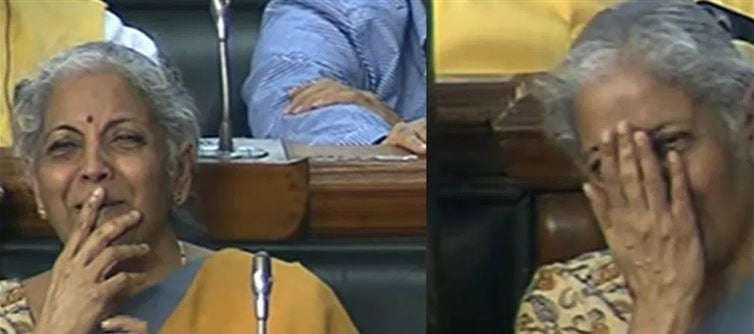
The problem extends to daily essentials like food, where consumers pay a 5% GST but are often at the mercy of poor hygiene standards and lax food safety enforcement. Income tax adds another layer to this frustration, with salaried individuals paying significant portions of their earnings to the government, only to find that basic rights — such as free, quality healthcare or universal access to education — remain largely unfulfilled. Public infrastructure is patchy, hospitals are overcrowded, and government schools struggle with resources and teaching quality. In essence, the social contract that taxes are supposed to uphold — where citizens contribute and the state safeguards their welfare — appears broken.
This disconnect has led to growing resentment among honest taxpayers, who feel they are funding a system that primarily benefits corrupt politicians, entrenched bureaucracies, corporate cronies, and politically influential vote banks, including undeserving beneficiaries of certain reservation policies. For them, the patriotic call for “bright minds to stay and build the nation” rings hollow when the governance model seems designed to exploit rather than empower. Instead of nurturing trust and collective progress, the current system risks alienating its most productive citizens, creating a cycle where talent and capital look for opportunities elsewhere, leaving behind an even weaker foundation for the future.




 click and follow Indiaherald WhatsApp channel
click and follow Indiaherald WhatsApp channel